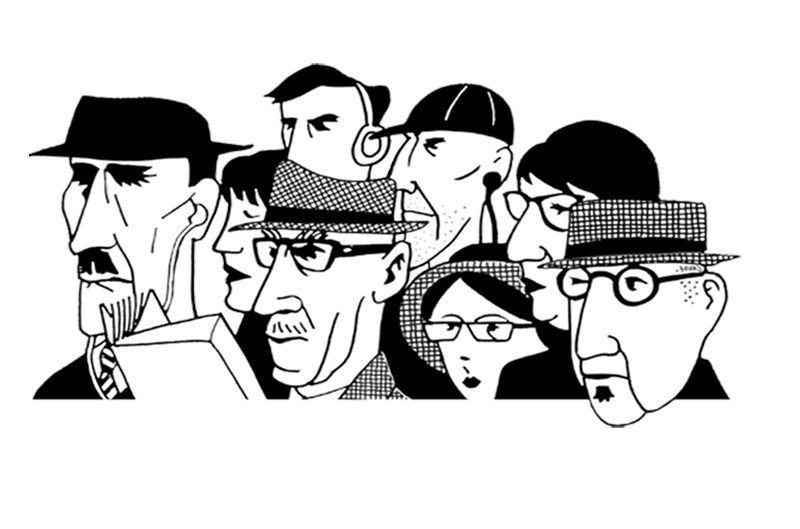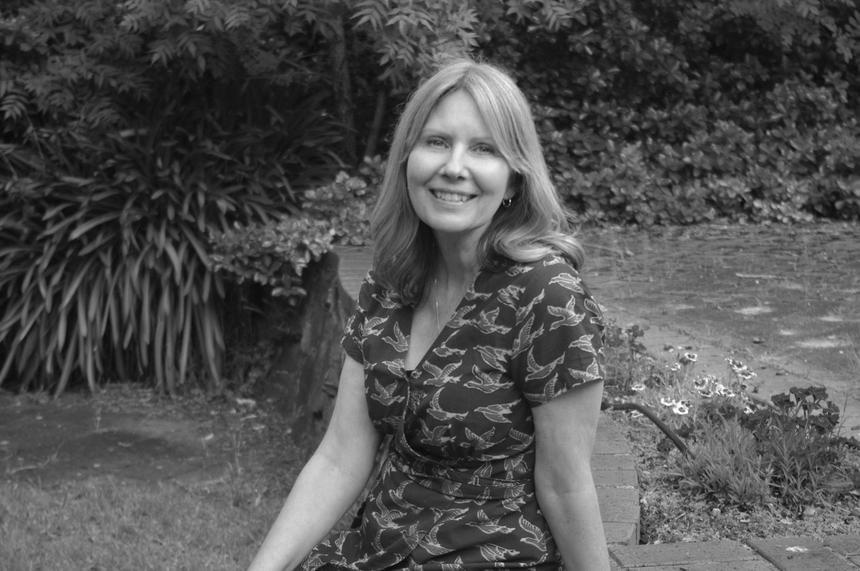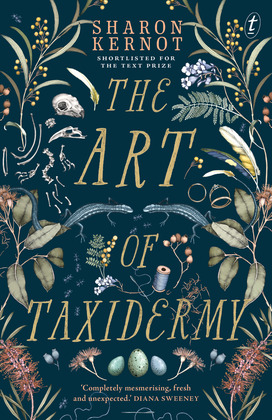Birdy
Sharon Kernot
Maddy is mute. Since the Incident she has barely spoken. And now she and her mother and brother are staying in a farmhouse on an old apricot orchard not far from town. It’s a chance to rest and recuperate – or a way to hide further away from the world.
Alice is waiting. Since Birdy, her darling daughter, disappeared forty-five years ago, she has sat in her house waiting for her to come home. Alice says Maddy reminds her of Birdy, and Maddy feels a strange connection to the long-lost girl. In the quiet not-speaking and waiting, amid the clutter of the old woman’s house, Maddy and Alice slowly become friends. Until Maddy takes something that’s not hers.
Birdy is a tender warm-hearted verse novel about the pain of loss and shame, the beauty of words, and the healing power of small acts of kindness.
INTERVIEWS and REVIEWS
Books+Publishing
ChildMags
Novel Feelings
Paperbark Words
andBirdy
‘Birdy is a beautifully written story about how poetry, friendship, and nature can help us acknowledge and navigate the histories that haunt us. I was spellbound by Kernot’s gorgeous, lyrical writing from start to finish. A unique and powerful book.’
‘Compelling…The language is evocative and lyrical…Fans of Sarah Crossan will be hooked by this hope-filled story of how small acts of kindness make a big impact on everyone.’
‘The story is told in such a simple, beautiful way, and I found myself quite lost in it. Maddy is such a sweet character, and her struggles are so relatable. Following along as she makes new friends and grows into herself was an absolute delight—heart-wrenching, captivating, and beautiful.’
‘An exquisite young adult verse novel that delves into the pain of loss and trauma and the healing balm of friendship, from the highly acclaimed author of The Art of Taxidermy.’
‘A compelling novel about how we cope with the past versus how we move forward.’
‘Excellent…Birdy is a mystery woven on many levels and a delight to read.’
‘Kernot effectively weaves through the intricate challenges of the healing journey, secrets, and moving on from past adversities, and the revitalising effects of forming human connections and experiences.’
‘The lyrical verse is very easy to read, but also thought-provoking…Deals with themes of trauma, bullying and loss, but also the more positive concepts of environment, friendship and healing…Highly recommended.’







